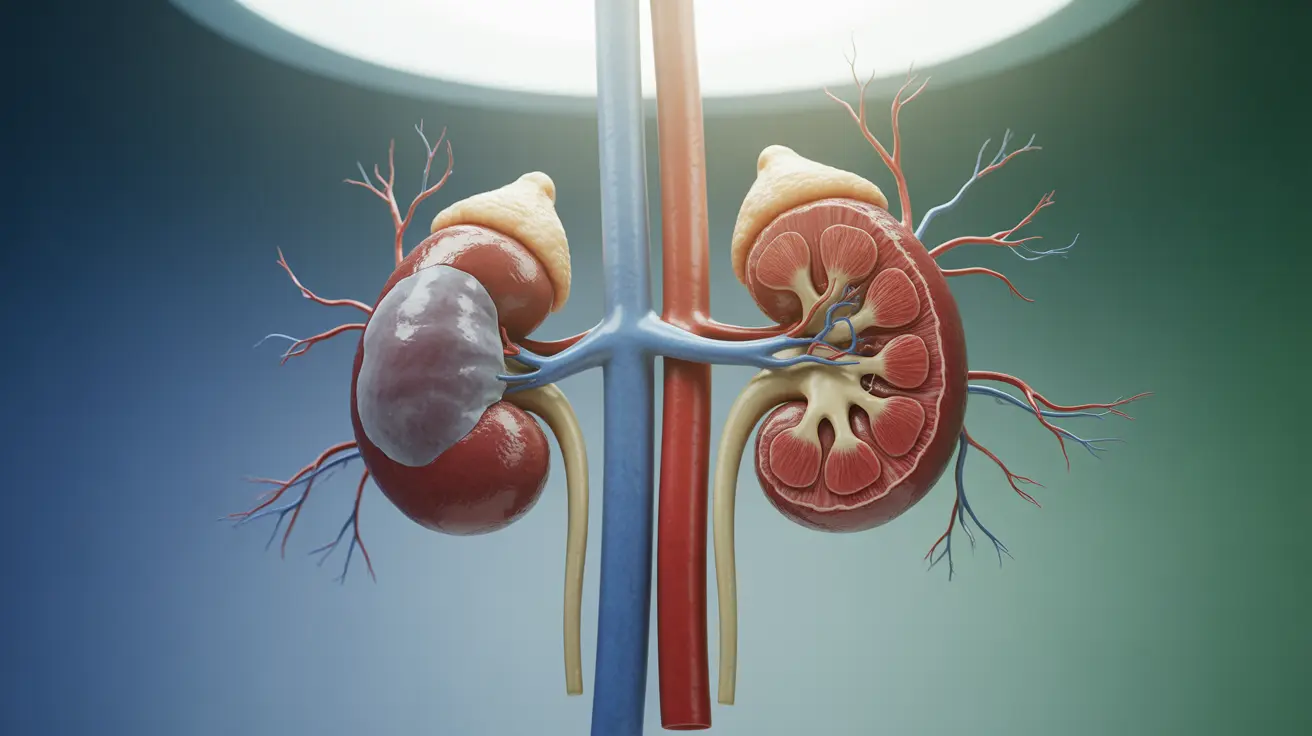Understanding the first signs of kidney problems is crucial for early detection and treatment. Your kidneys play a vital role in filtering waste from your blood, regulating blood pressure, and maintaining overall health. Recognizing potential kidney issues early can make a significant difference in treatment outcomes and long-term health.
While some kidney symptoms may be subtle initially, being aware of specific warning signs can help you seek medical attention when needed. This comprehensive guide will explore the early indicators of kidney problems, their causes, and what steps you should take if you notice these symptoms.
Common Early Warning Signs
The initial signs of kidney problems can be easy to overlook or attribute to other conditions. Here are the key symptoms to watch for:
Changes in Urination
One of the most noticeable early indicators involves changes in your urination patterns:
- Increased frequency of urination, especially at night
- Changes in urine color or appearance
- Foamy or bubbly urine
- Decreased urine output
- Difficulty or pain while urinating
Swelling and Fluid Retention
When kidneys aren't functioning properly, fluid can build up in your body, causing:
- Puffy eyes, particularly in the morning
- Swollen ankles and feet
- Unexplained swelling in hands or face
- General feeling of bloating
Other Physical Symptoms
Additional early warning signs may include:
- Persistent fatigue or weakness
- Lower back pain, especially on one side
- Dry and itchy skin
- Metallic taste in mouth
- Loss of appetite
Understanding Kidney Disease Types
Acute Kidney Problems
Acute kidney issues develop suddenly and may be caused by:
- Severe infections
- Dehydration
- Certain medications
- Physical trauma
- Sudden blood loss
Chronic Kidney Disease
Chronic kidney disease develops gradually over time and often results from:
- Uncontrolled diabetes
- High blood pressure
- Genetic factors
- Long-term medication use
- Recurring urinary tract infections
Prevention and Risk Reduction
Taking proactive steps can help maintain kidney health:
- Stay well-hydrated
- Maintain healthy blood pressure
- Control blood sugar levels
- Exercise regularly
- Follow a balanced diet
- Limit alcohol consumption
- Avoid smoking
When to Seek Medical Help
Contact your healthcare provider immediately if you experience:
- Severe back pain
- Blood in urine
- Significant changes in urination
- Persistent swelling
- Unexplained fatigue with other symptoms
Frequently Asked Questions
What are the first signs of kidney problems, and how do they differ from other health conditions?
The first signs of kidney problems often include changes in urination patterns, swelling in extremities, and fatigue. Unlike other conditions, kidney problems typically present with a combination of these symptoms, particularly affecting urination and fluid balance. The presence of foamy urine or changes in urination frequency are particularly indicative of kidney issues.
How can I determine if I have kidney disease, and what are the common symptoms to look out for?
Kidney disease can be determined through specific blood and urine tests ordered by your healthcare provider. Common symptoms include changes in urination, swelling, fatigue, back pain, and skin changes. If you experience these symptoms, particularly in combination, consult your healthcare provider for proper evaluation.
What are the causes of kidney disease, and how can I prevent it or slow its progression?
Kidney disease is commonly caused by diabetes, high blood pressure, and genetic factors. Prevention strategies include maintaining healthy blood pressure and blood sugar levels, staying hydrated, exercising regularly, and following a balanced diet. Regular check-ups and early intervention can help slow disease progression.
What are the differences between chronic kidney disease and acute kidney failure, and how are they treated?
Chronic kidney disease develops gradually over months or years, while acute kidney failure occurs suddenly. Chronic kidney disease typically requires long-term management through lifestyle changes and medications, while acute kidney failure often requires immediate medical intervention and may be reversible with proper treatment.
Can changes in urine color or texture indicate kidney problems, and what else should I look for in my urine?
Yes, changes in urine color, consistency, or frequency can indicate kidney problems. Look for foamy or bubbly urine, dark-colored urine, or changes in how often you urinate. Blood in the urine, decreased urine output, or difficulty urinating are also important warning signs that warrant medical attention.




